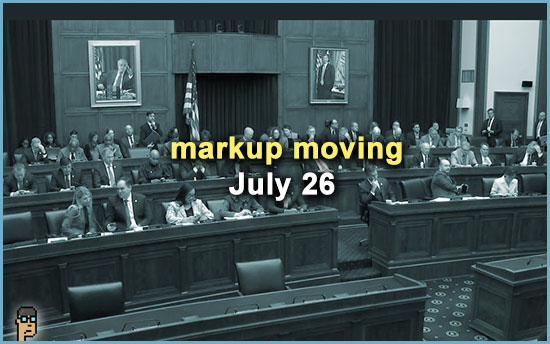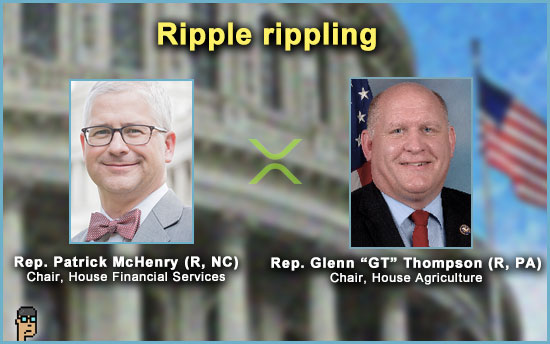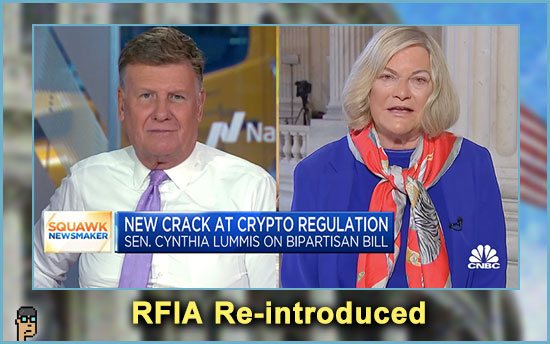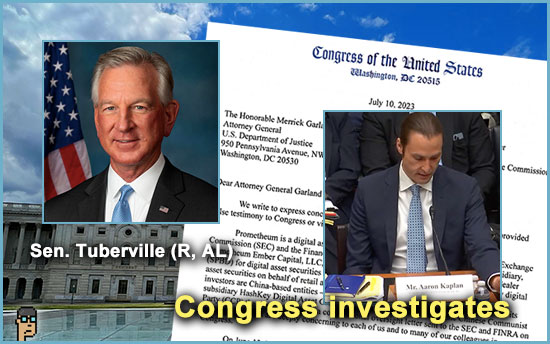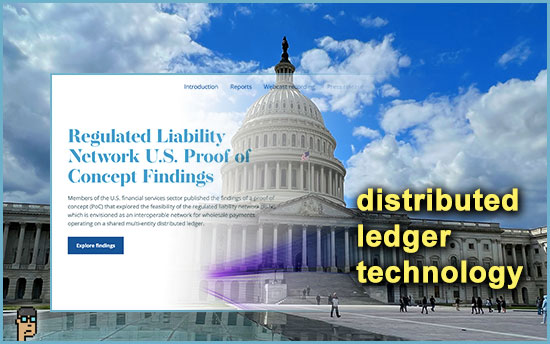markup moving
The long-awaited markup of the stablecoin and market structure bills by the House Financial Services Committee will been moved as Politico’s Eleanor Mueller reports, “staffers received another email Friday informing them that the markup would take place on July 26 instead.” Read a bit more.
Separately, Politico notes that House Agriculture Chair Glenn Thompson (R, PA) wants his committee to engage in a markup of the market structure bill “before August recess.” Republicans are hoping they can get more Democratic support on the market structure bill given last week’s Ripple/XRP decision, too, says the publication.
global regulations
The Financial Stability Board (FSB) announced yesterday that it has finalized its “global regulatory framework for crypto-asset activities.” Get it.
As Cointelegraph notes, “The framework consists of two distinct sets of recommendations: ‘High-level recommendations for the regulation, supervision and oversight of crypto-asset activities and markets;’ and ‘Revised high-level recommendations for the regulation, supervision, and oversight of “global stablecoin” arrangements.'” Read more.
The FSB’s framework has likely had plenty of U.S. input from the FSB’s three U.S. board members: the Federal Reserve Vice Chair Michael Barr, Securities and Exchange Commission (SEC) Chair Gary Gensler and Treasury Undersecretary Nellie Liang. Continue reading “Markup Moving For Stablecoin, Market Structure Bills; FSB Finalizes Crypto Framework”

